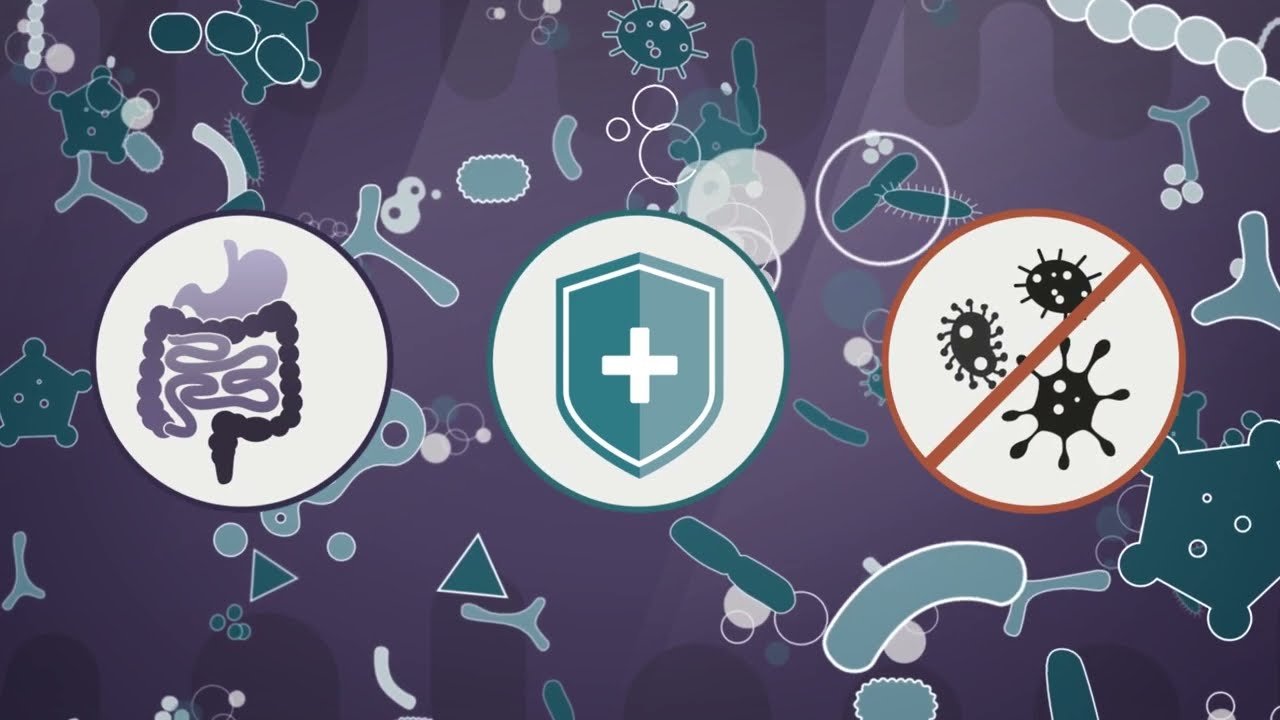In recent years, the focus on gut health has expanded beyond probiotics and prebiotics to include a new player in the field: postbiotics. While probiotics (beneficial bacteria) and prebiotics (food for these bacteria) have gained widespread attention, postbiotics are emerging as a significant factor in maintaining and improving gut health. This article delves into what postbiotics are, their benefits, and their role in the broader context of digestive and overall health.
What Are Postbiotics?
Postbiotics are defined as metabolic byproducts or end products of probiotic bacteria after they have fermented prebiotics or other substrates in the gut. Unlike probiotics, which are live microorganisms, postbiotics are non-living components, such as peptides, polysaccharides, or other bioactive compounds, produced during the fermentation process. These compounds are believed to exert beneficial effects on the host’s health.
How Do Postbiotics Work?
Postbiotics function through several mechanisms to promote health:
Modulation of Gut Microbiota:
- Postbiotics can influence the composition and activity of the gut microbiota. They may promote the growth of beneficial bacteria while inhibiting harmful ones, thereby contributing to a balanced and healthy gut ecosystem.
Enhancing Gut Barrier Function:
- Certain postbiotics help strengthen the gut barrier by supporting the integrity of epithelial cells lining the intestines. This helps prevent “leaky gut,” where harmful substances can pass through the intestinal lining and enter the bloodstream.
Anti-Inflammatory Effects:
- Postbiotics often possess anti-inflammatory properties. They can help reduce inflammation in the gut, which is beneficial for conditions like inflammatory bowel disease (IBD) and irritable bowel syndrome (IBS).
Immune System Modulation:
- Postbiotics can modulate the immune system by influencing immune cell activity and cytokine production. This can enhance the body’s ability to respond to pathogens and maintain overall immune health.
Metabolic Benefits:
- Some postbiotics have metabolic benefits, such as supporting the metabolism of short-chain fatty acids (SCFAs) like butyrate, which are essential for maintaining gut health and energy balance.
Benefits of Postbiotics
Postbiotics offer a range of potential benefits, making them an exciting area of research and application:
Support for Digestive Health:
- Postbiotics help maintain a healthy gut environment by modulating gut microbiota and supporting gut barrier function. This can lead to improvements in symptoms of digestive disorders and enhanced overall gut health.
Reduced Inflammation:
- By exerting anti-inflammatory effects, postbiotics can help manage chronic inflammatory conditions and reduce the risk of inflammation-related diseases.
Enhanced Immune Function:
- Postbiotics can bolster immune responses, potentially offering protection against infections and supporting overall immune health.
Accessibility and Stability:
- Unlike probiotics, which require careful handling to maintain their viability, postbiotics are stable and do not require refrigeration. This makes them easier to incorporate into dietary supplements and functional foods.
Synergistic Effects:
- When combined with prebiotics and probiotics, postbiotics can contribute to a synergistic approach to gut health, where all three components work together to support optimal digestive and overall health.
Sources of Postbiotics
Postbiotics can be derived from several sources, including:
Fermented Foods:
- Many traditional fermented foods, such as yogurt, kefir, sauerkraut, and kimchi, contain postbiotics produced during the fermentation process. These foods provide a natural source of beneficial compounds that can positively impact gut health.
Dietary Supplements:
- Postbiotics are increasingly being incorporated into dietary supplements. These supplements can provide concentrated doses of specific postbiotics with targeted health benefits.
Probiotic Products:
- Some probiotic supplements and functional foods are designed to release postbiotics as part of their formulation. These products can provide both live bacteria and their metabolic byproducts to support gut health.
Current Research and Future Directions
Research on postbiotics is still in its early stages, but it holds promise for advancing our understanding of gut health and improving health outcomes:
Clinical Trials:
- Ongoing clinical trials are investigating the specific effects of various postbiotics on digestive disorders, immune function, and other health conditions. These studies aim to establish evidence-based guidelines for the use of postbiotics in clinical practice.
Mechanistic Insights:
- Researchers are exploring the mechanisms through which postbiotics exert their effects, including their interactions with gut microbiota, immune cells, and metabolic pathways. This research will help clarify how postbiotics contribute to health and disease prevention.
Product Development:
- The development of new postbiotic products and formulations is an active area of research. Advances in technology and understanding of postbiotics will lead to innovative products that can provide targeted health benefits.
Personalized Nutrition:
- Future research may explore the role of postbiotics in personalized nutrition, where individuals receive tailored recommendations based on their unique gut microbiota composition and health needs.
Conclusion
Postbiotics represent an exciting and emerging frontier in the field of gut health. As metabolic byproducts of probiotic bacteria, they offer a range of benefits, including improved digestive health, reduced inflammation, enhanced immune function, and stability. While research is still ongoing, the potential applications of postbiotics in dietary supplements, functional foods, and personalized nutrition are promising.
As our understanding of postbiotics continues to evolve, they are likely to play an increasingly important role in supporting health and well-being. By incorporating postbiotics into our health strategies, we can take a step further in optimizing gut health and overall wellness.
